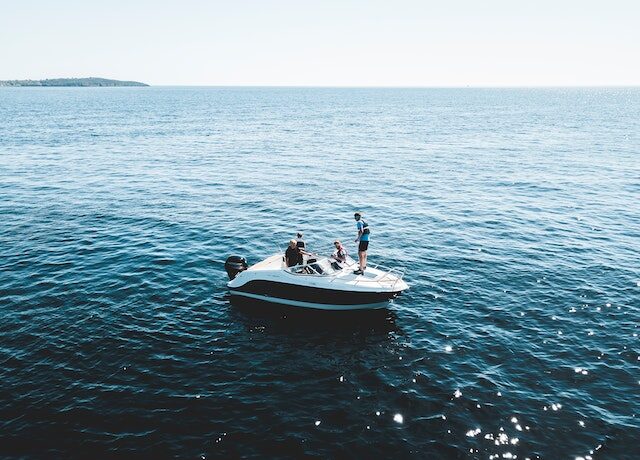Boat ownership is a thrilling adventure, but it also comes with responsibilities, particularly when it comes to maintaining and repairing your vessel. One of the essential aspects of boat maintenance is buying the right boat parts. In this article, we’ll dive into the world of buying boat parts, offering insights and tips to make the process smoother for boat owners.
Before embarking on the journey of buying Boat Parts, it’s crucial to have a deep understanding of your vessel. This includes knowing its make, model, year, and specific features. Accurate information about your boat ensures that you purchase the correct parts, as boat components can vary significantly from one model to another.When it comes to boat parts, you’ll often have the choice between genuine (OEM) and aftermarket options. Genuine parts are manufactured by the boat’s original manufacturer and are typically more expensive. Aftermarket parts, on the other hand, are produced by third-party manufacturers and can be more affordable. Carefully weigh the pros and cons of each option to make an informed decision.

When purchasing boat parts, prioritize quality over cost savings. Investing in high-quality components ensures the safety and reliability of your vessel. Cheap, low-quality parts can lead to breakdowns, accidents, and costly repairs down the line. It’s worth paying a bit more for parts that meet or exceed industry standards.Selecting a reputable supplier or marine store is crucial when buying boat parts. Look for businesses with a track record of customer satisfaction and a wide selection of quality parts. Reading online reviews and seeking recommendations from fellow boaters can help you identify trustworthy suppliers.
Don’t rush into buying boat parts without doing your homework. Take the time to research the specific part you need, its compatibility with your boat, and its pricing. Comparing prices and specifications from multiple suppliers can help you find the best deal.Some boat parts are available in maintenance kits that include multiple components needed for a specific task, such as an engine tune-up or hull maintenance. These kits can provide convenience and cost savings compared to purchasing individual parts separately.
When buying boat parts, inquire about warranty and return policies. A reputable supplier should offer warranties on their products, giving you peace of mind in case of defects or malfunctions. Familiarize yourself with the return process to ensure a hassle-free experience if you need to exchange or return a part.Ensuring that the boat parts you purchase are compatible with your vessel is paramount. Check product descriptions, specifications, and compatibility charts provided by manufacturers or suppliers. Ill-fitting parts can lead to performance issues and safety concerns.

Keeping detailed maintenance records is a good practice for boat owners. Documenting the purchase date, installation date, and maintenance history of boat parts can help you track when replacements are due and ensure your boat operates at peak efficiency.
Regularly inspect your boat’s components and systems to identify parts that may need replacement or maintenance. Early detection of wear and tear can prevent more extensive damage and costly repairs.Dispose of old or damaged boat parts responsibly. Many marine parts are recyclable, so consider recycling programs or disposal facilities designed for marine equipment. Protecting the environment is an important aspect of responsible boat ownership.





